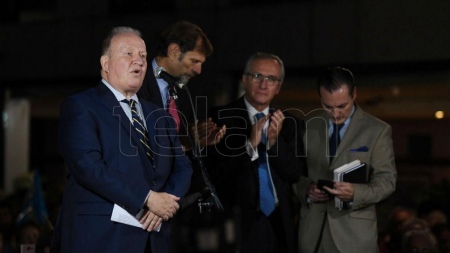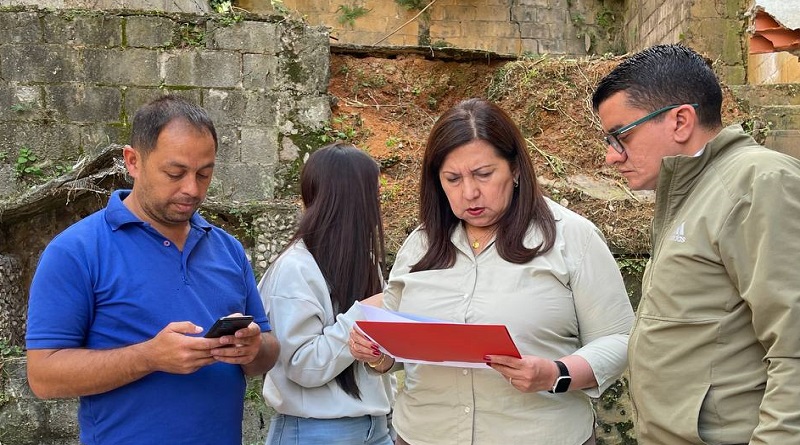The constitutional lawyer daniel sabsay was admitted by the justice of Río Negro as “amicus curiae” in the file that deals with the closure of the road to reach Lago Escondido, which implies a triumph for Joe Lewis’s strategy since the lawyer advanced a position that coincides with that of the British businessman.
Lewis’ strategy is avoid complying with the judicial ruling that obliges him to open a free and accessible path to the coast of the water mirror.
In this line, Sabsay appeared and was admitted by the Rio Negro Superior Court of Justice (STJ) as “amicus curiae” in the case that processes the claim for the opening of an access road to the lake.
According to the definition of the RAE, “amicus curiae” is a figure that enables a “natural or legal person” to “without being legitimated as a party or as a third party in a dispute, intervenes voluntarily before a court to collaborate with it by providing objective information”.
In order to intervene in the file titled “Incident of Execution of sentence in the proceedings: Odarda María Magdalena and others c/Vial Rionegrina Sociedad del Estado and others s/ mandamus s/ incident”, Sabsay requested authorization from the Rio Negro STJ, whose members admitted that participation .
In the 23-page document, to which Télam agreed, Sabsay anticipates his position in favor of the Hidden Lake position since he argues that the 2005 STJ ruling should be taken as “res judicata” which “only reaches the path that connects to Lago Escondido by the easement constituted, known as ‘mountain path’.”

The constitutional lawyer does not echo the subsequent judicial measures that incorporated the so-called Tacuifí road into the file as the shortest and most passable access.
In fact, a resolution of the same Superior Court of Justice in 2009 -complemented by a civil judge in 2013- ordered the Government of Río Negro and the Lewis ranch to open that road and thus guarantee the constitutional right of access to the lake. .
Sabsay, after speaking out in the case in agreement with Lewis’ position, criticized the action led by John Grabois in Hidden Lake.

The appeals to the successive sentences of execution that forced the opening of the road were repeated until in mid-September of this year the Chamber of Appeals in Civil, Commercial, Family, Mining and Administrative Litigation of Bariloche ratified the 2013 sentence. Thus, the province and the Hidden Lake company were ordered to open the Tacuifí road within a maximum period of three months, which expires in the next few days.
Both the provincial State and the British magnate appealed that judicial decision, and through an appeal the case returned to the Superior Court of Justice.
The amparista and promoter of the cause, the former head of the National Institute of Indigenous Affairs (INAI), Magdalena Odardainformed Télam that presented challenges against four of the five members of the highest court in Río Negro for “failing to comply with the principles of impartiality, independence and integrity.”
Odarda challenged judges Sergio Barotto, Liliana Piccinini, Sergio Ceci and Ricardo Apcarián.
By way of example, he said that Ceci was Assistant Prosecutor and General of the Province while the consolidation of the “fraudulent and corrupt” purchase of the Lewis fields was carried out, around the water mirror. “He could not ignore all the administrative and/or judicial acts that took place in the registration of the property,” Odarda stated in the letter to which Télam agreed.
Meanwhile, regarding Barotto and Apcarián, he said that “they are not free of inappropriate connections” with political power, more specifically with the former governor and current senator Alberto Weretilneck, who during his tenure as president “did not comply with the judicial orders to open the way to the hidden lake.
















